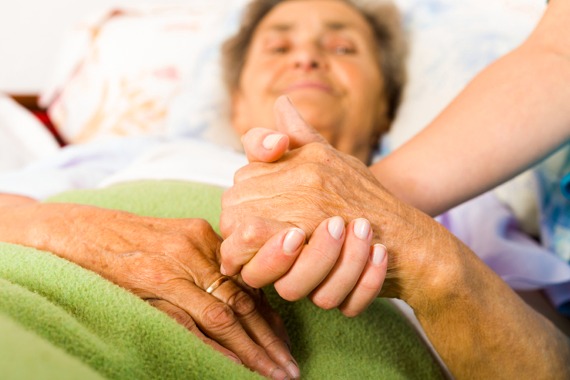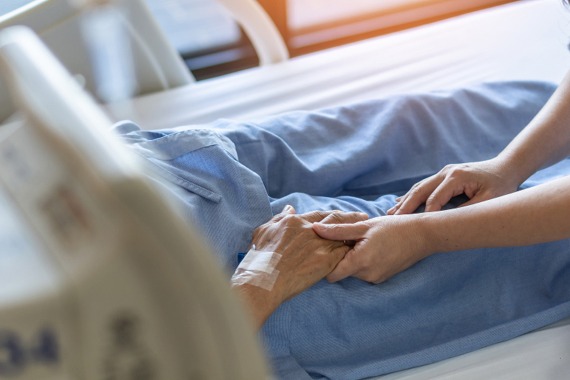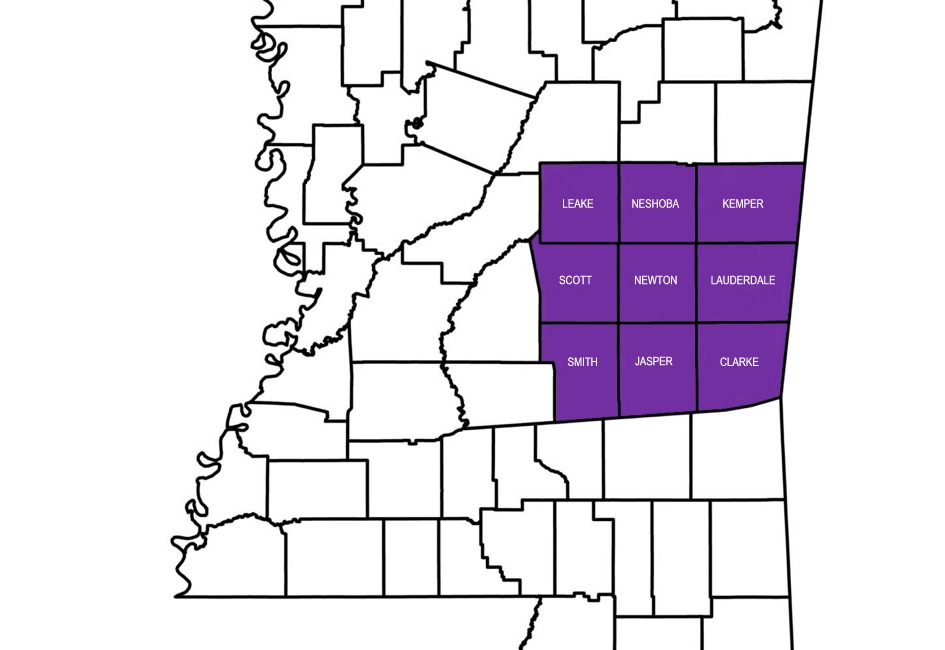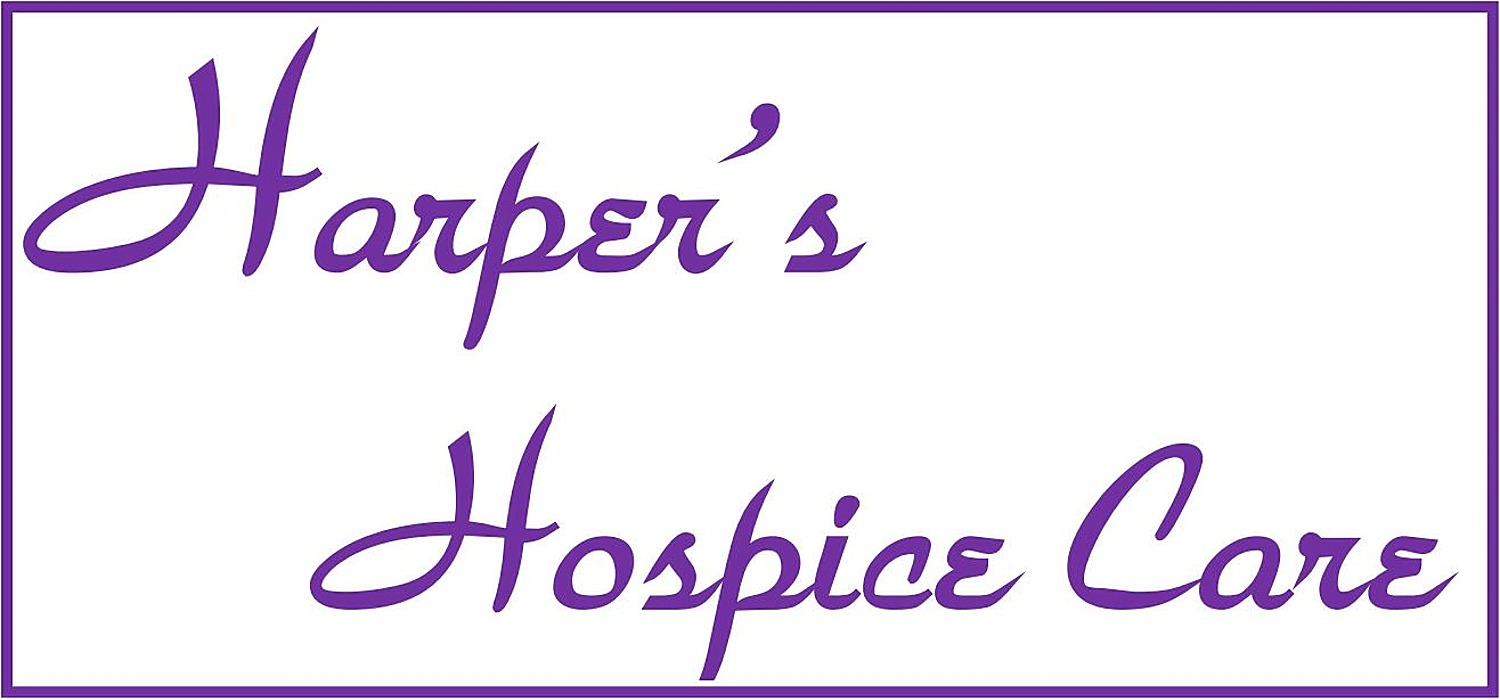Our Services
Services
We provide a wide range of services!

Routine Home Care
Routine home care is a range of services you receive when you are not in a medical crisis. "Home" is defined by
Medicare as your own home, a skilled nursing facility, or an assisted living facility such as a nursing home. You
would need routine home care if you are generally stable and your symptoms (such as pain, nausea, or vomiting)
are adequately controlled.
Routine hospice care services can include:
- Physician services
- Nursing and medical services
- Durable medical equipment, like wheelchairs and oxygen machines
- Medical supplies, like bandages or catheters
- Drugs for pain and symptom management
- Hospice aide
- Social worker services
- Spiritual and grief counseling for you and your family

Continuous Home Care
Continuous home care is for times when you need a higher level of nursing care, and your symptoms
are not being adequately controlled. As with routine home care, continuous home care is delivered
either in your home, a skilled nursing facility, or an assisted living facility. Continuous home care is
defined as needing skilled care for at least eight hours in a 24-hour period. The purpose of continuous
home care is to achieve palliation (relief of acute symptoms) until your condition is stable.
Qualifying Symptoms
You may need continous home care if you have:
- Uncontrolled Pain
- Unrelenting nausea and vomiting
- Acute respiratory distress
- Agitation or "terminal restlessness"
- Seizures
- Caregivers who are unable to provide care
Continuous home care may be provided only during a period of crisis. Once your condition is stabilized,
you return to routine home care.
If your condition cannot be managed at your home
or in an assisted living facility, you may need to be stepped up to general inpatient care.

General Inpatient Care
General inpatient (GIP) care is needed when pain and symptoms cannot be controlled in your home
or an assisted living facility. In such cases, you would need to be moved to a Medicare-certified
hospice inpatient facility or a Medicare-certified hospital, or a Medicare-certified skilled nursing
facility.
The facility would be staffed with a 24-hour registered nurse (RN) with
private areas to receive visitors at any time of the day. The treatment plan and decision to admit
would be directed by your hospice team, typically the hospice medical director and/or designated
physician.
The intention of GIP care is to achieve palliation until your symptoms are
controlled and you are no longer in crisis.

Respite Care
Respite care is provided when your family or caregiver needs time away from the intensity of caregiving.
Respite care is provided at a local Medicare-approved facility, such as a hospital, hospice inpatient
facility, or nursing home.
Medicare limits respite care to five consecutive days and charges
a daily 5% coinsurance fee. You can use respite care more than once, but only on an occasional basis.
If you stay beyond five days, you may be liable for room and board charges.
Serving East Mississippi

